2022 saw Hongkongers continue to engage in more sustained post-revolutionary reflection and analysis. As scores emigrated from the city in the aftermath of the NSL, many began to turn their attention the possibilities of continuing their work abroad. While the diaspora has always had a role to play in local issues, the present is an even more critical time for principled leftist organizing outside of the city. This requires pushing back against the cooptation of Hong Kong struggle by right-wing forces in London, Toronto, New York, and elsewhere by offering constructive, concrete and liberatory alternatives against the paranoid, individualist nationalism of the right.
Meanwhile, across the world, states have waged war and allowed the pandemic to continue to ravage the globe. Amidst this destruction, students and workers in Hong Kong, China, and its diasporas have seized opportunities to build new avenues for internationalism and solidarity in the shadow of state failure.
Read on to see our top 11 most-read articles of 2022, which attempt to track and offer commentary on some of the most pressing issues of the year for Hong Kong and the world.
11. Climbing different mountains: A commentary on the London 6.12 rally
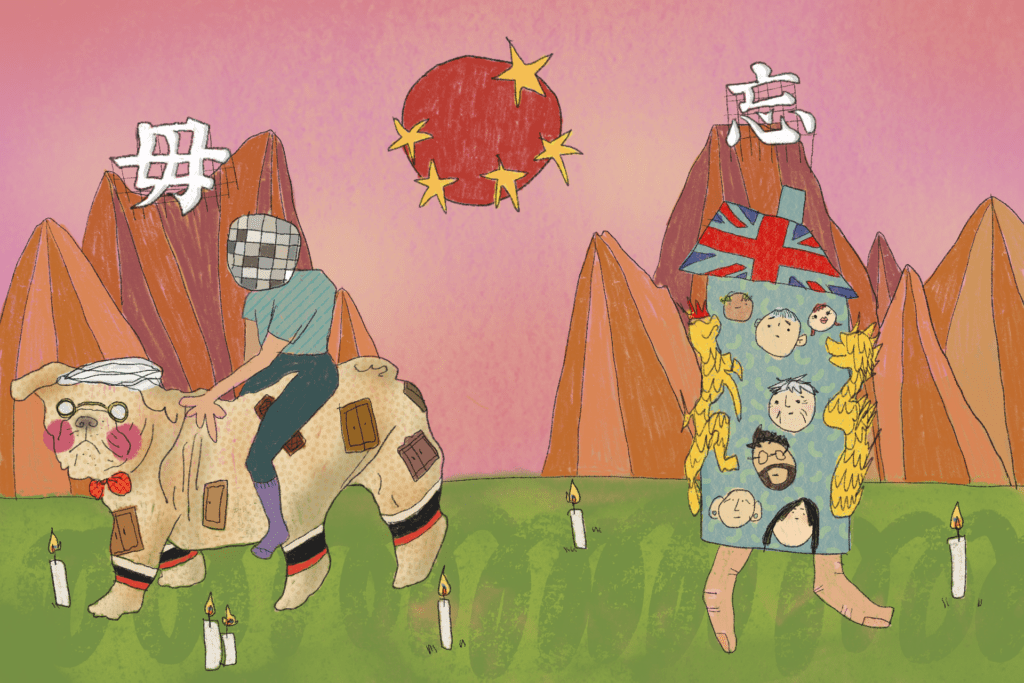
My motivation for attending was to listen to the speeches and to gain a critical perspective on the current mainstream political discourse on Hong Kong’s struggle. The question the rally’s speakers sought to answer was: what can we as diasporic Hongkongers residing in the “freedom and democracy of the United Kingdom” do to ensure that the sacrifices of 2019 were not in vain? Between the nine speakers at the rally, three main approaches to answering the question of how Hong Kong’s struggle could carry on were expressed. They ranged from a military reconquest of Hong Kong, international lobbying, and the building of a Hongkonger identity and community in the diaspora.
10. After the fire: Against burnism
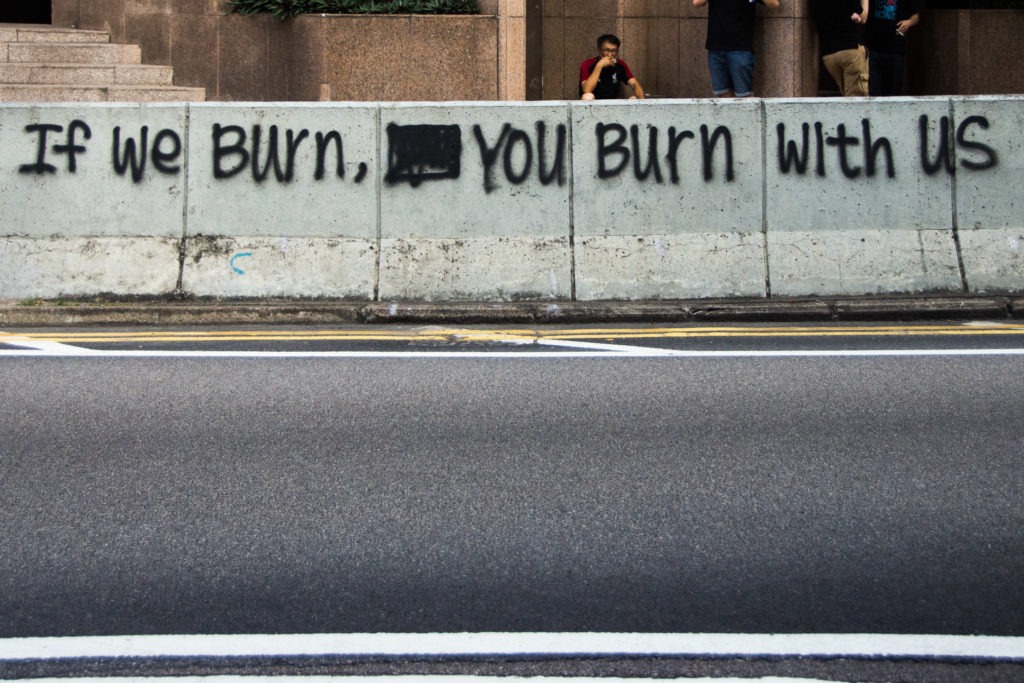
The defeat of the 2019 uprising shows that a horizontal and decentralised mass movement will not survive heightened repression if it does not adopt a form of organisation that allows the movement’s diverse array of participants—most of whom will be unknown to one another—to communicate information and ideas, coordinate action, and collectively decide the direction of the movement.
This will only be possible through an inclusive and democratic structure that values individual accountability to the collective and participatory decision-making on all levels of action. There must be a platform where different or opposing ideas can be freely debated and where criticism can be made of the movement without fear of retribution.
9. Campaigning from the outside: Reflections from two Chinese activists
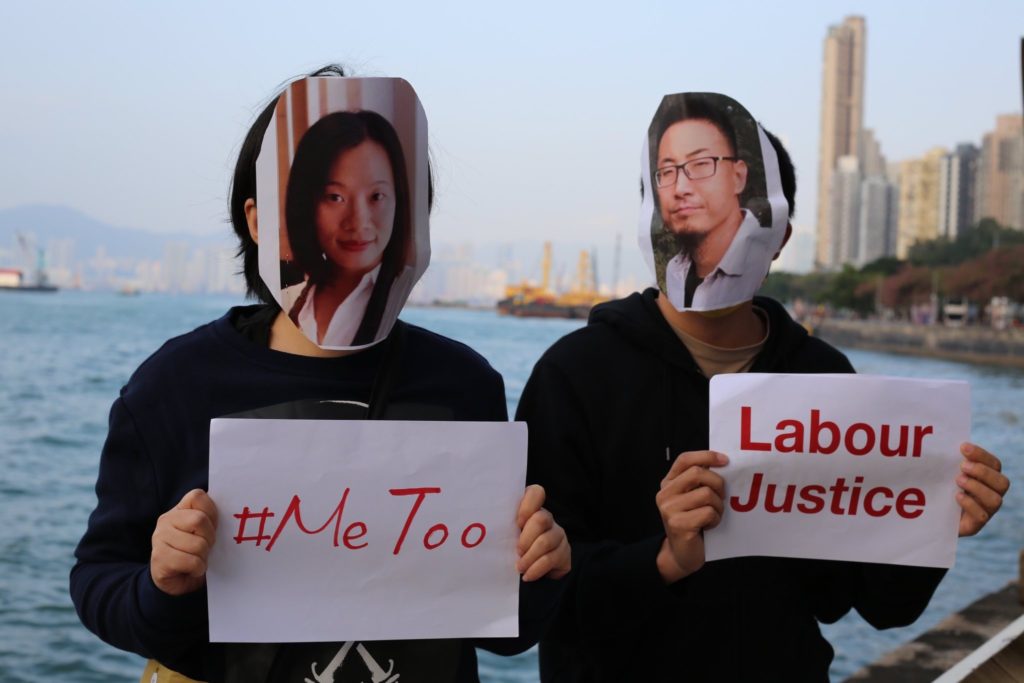
“This is one reason why people do not think we have much power to control China’s fate or put pressure on our government. People outside of China think of us as victims, and they think, falsely, that there is no movement in China. Western media narratives simplify China’s government as an evil machine, and its people as robots who all share the same ideology. Of course, we also disagree with the government, but that does not mean that Chinese activists should be used as a tool by western media for its propaganda. On the other side of things, there are people who are only focused on fighting western imperialism. They use Chinese people in their arguments and steal our voices. In the west, it seems like the entire war is between people who think the Chinese government is an evil regime and people who think it is a paradise. Where is the space for the voices of Chinese activists? We need to hear more voices from the grassroots.”
8. After the fire: Fallen flowers
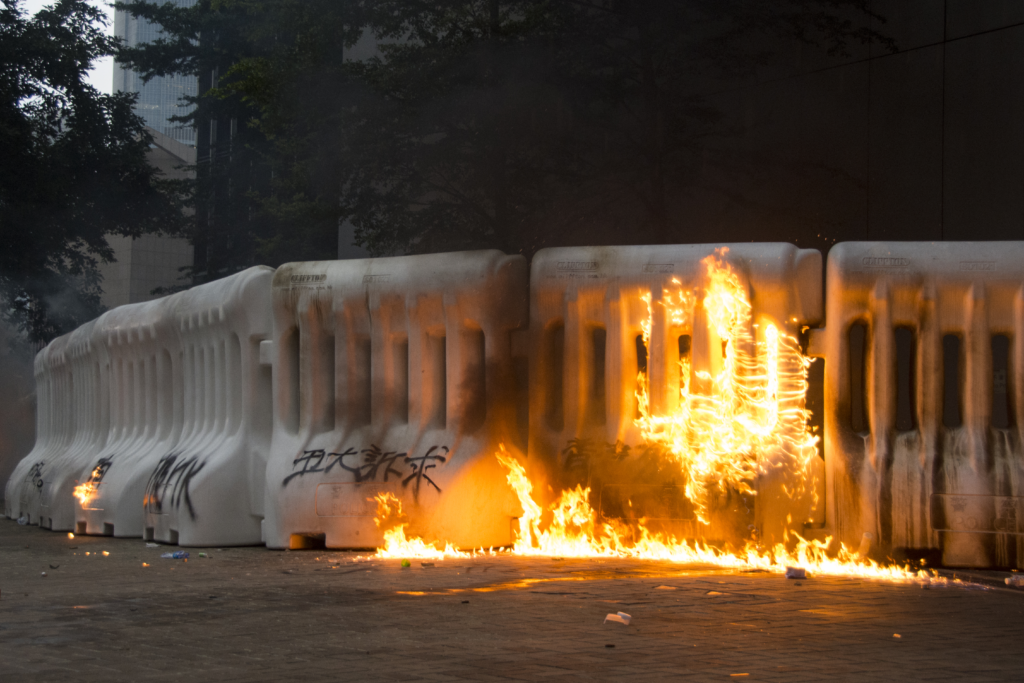
The doctrine of “Burnism” was one which arose in the context of the uprising in 2019. In 2022, what does this threat—of whipping up a fiery conflagration to consume all Hong Kong—really entail? In a landscape scorched barren by repression, the question lying before us is: sifting through the ashes, what lessons can we learn? How can we rebuild and carry on the struggle?
7. The China of “lab leak” conspiracies does not exist
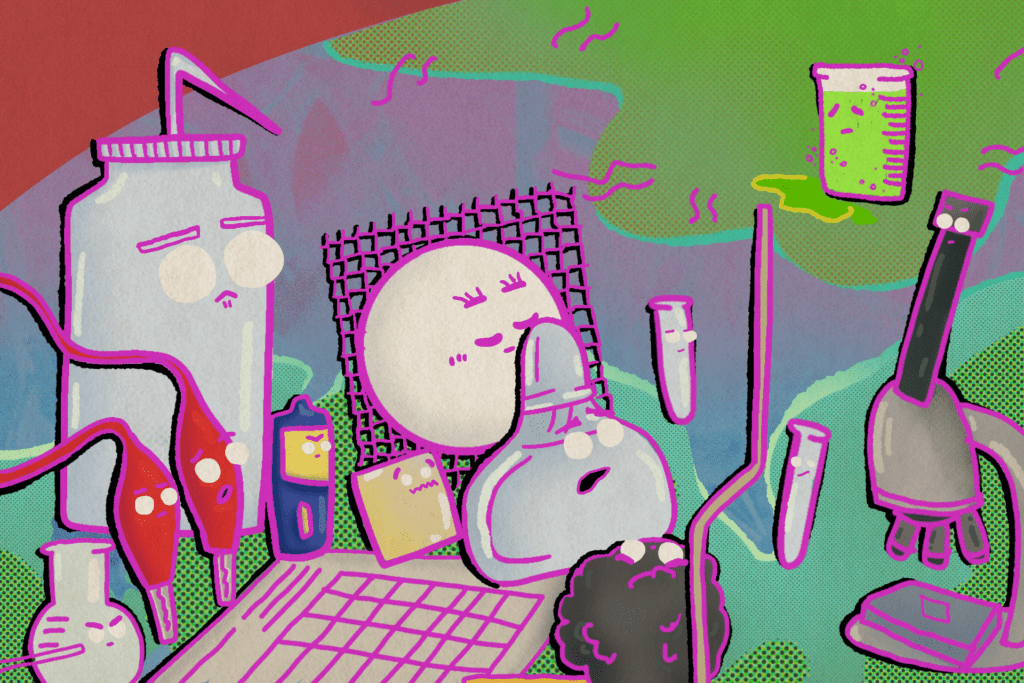
Conspiracies organized around races or nations lose coherence once we probe their internal contradictions and external linkages. It should be clear that the Chinese model does not stand apart from the world economy — that it is more productively imagined as a theater in which global forces interact and crystallize. Just as we should not pathologize Covid-19 as a virus of degenerate “Oriental” culture, neither should we entertain fantasies of an exceptionally dominant China, be it as dystopian threat or even utopic exception by self-avowed Western anti-imperialists.
6. Reform or revolution: The strengths and setbacks of the 1989 Pro-Democracy Movement
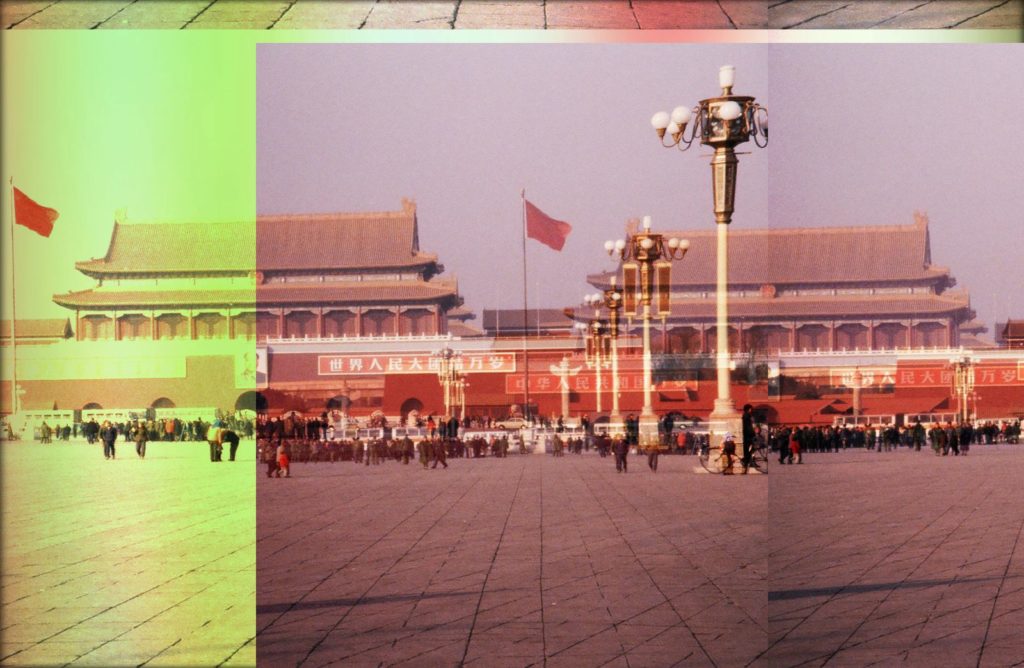
Despite its many weaknesses, the 1989 pro-democracy movement developed into a remarkable democratic one. Still, no one can escape the verdict of history. At the end of the day, weaknesses are still weaknesses. Although they did not kill the movement immediately, they resulted in its eventual failure. The speedier the escalation of the movement, the more disastrous its failures.
5. Internationalism amidst repression: Hong Kong students against the war in Ukraine
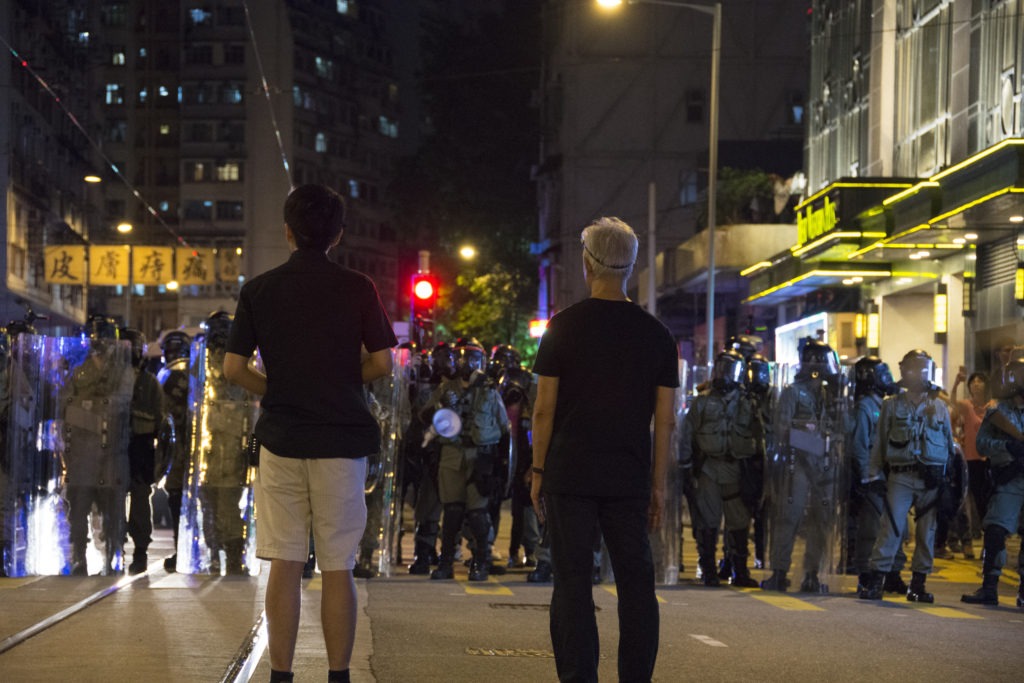
On February 26, 2022, two days after Putin’s invasion of Ukraine, a group of Hong Kong university students published a statement condemning the invasion and expressing their solidarity with Ukrainians and oppressed people around the world. As of March 15, the statement has garnered more than 1,000 signatures by individuals and student organizations in Hong Kong.
Their statement is radical, progressive and explicit in its anti-imperialist condemnation of Putin’s Russia as well as the United States and the expansionism of NATO. This is particularly significant in the context of Hong Kong’s struggle for democracy and self-determination, factions of which have often been characterized by uncritical support for Western governments as geopolitical rivals of the CCP.
4. Grasping imperialism at the root
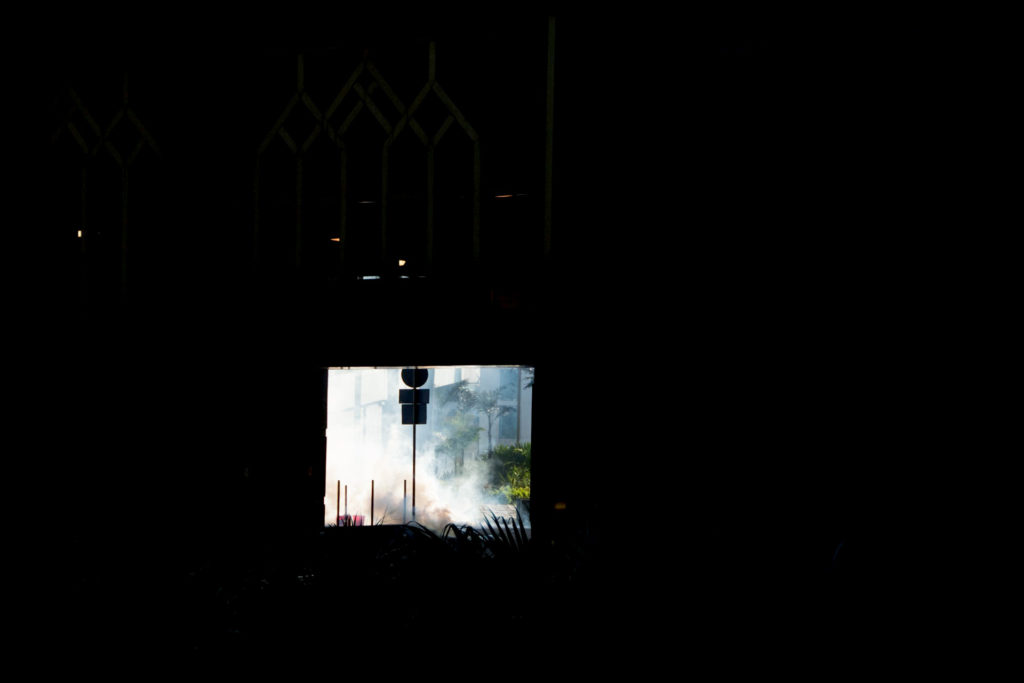
The global revolutions of the past two decades, which have taken no cue from the U.S. proletariat, show that U.S.-centric vanguardism no longer holds, if indeed it ever did.
3. New directions of leftist organizing in post-socialist China
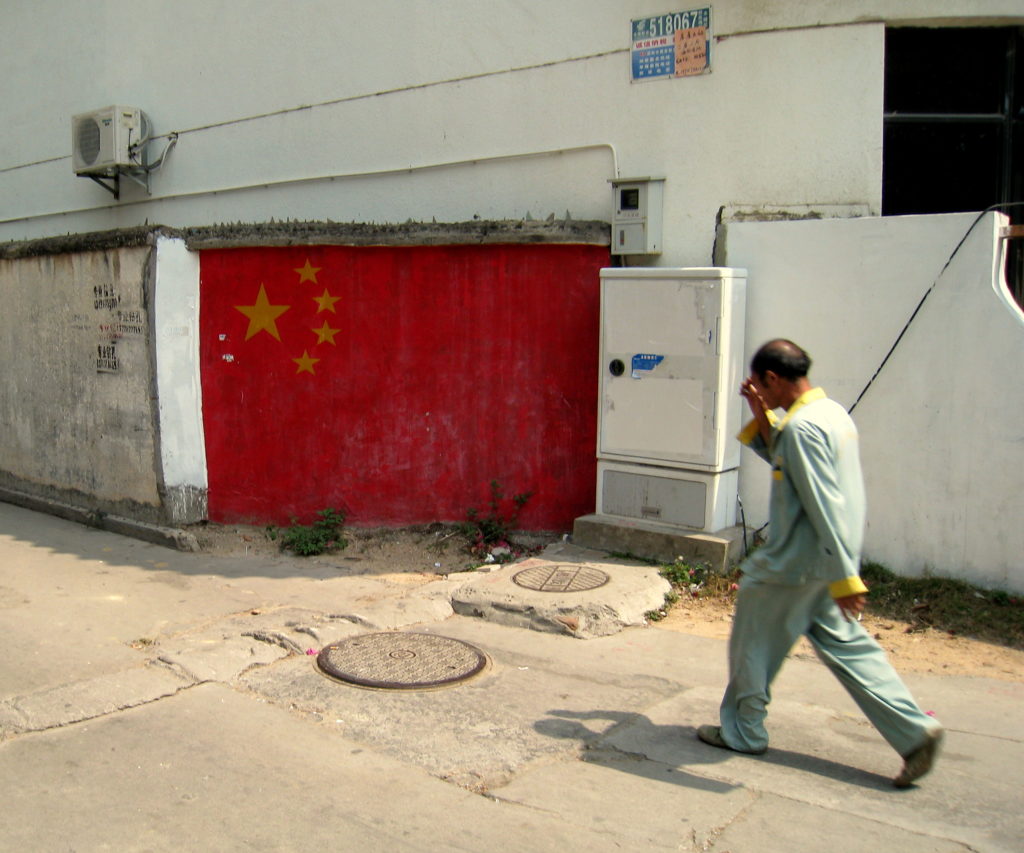
Although the integration of global capitalism helps to stabilize the hegemonic political elite who have deployed socialism as a discourse for the past 20 years or so, theories and organizing, largely underground, have been developing and providing the possibility for critical socialism, a type of socialism that sometimes converges and diverges with the state socialist discourse mobilized by the CCP, which some Left activists call Huang ma 皇馬 (Imperialist Marxism). What I wish to focus on is not if China or the CCP is still socialist; rather, I am interested in bringing socialism from the hegemonic and centralized state back to the everyday struggle in workspaces, sweatshops, and communities.
2. Queen Elizabeth was no friend to Hong Kong’s democratic struggle

The Queen is no symbol of Hong Kong’s former brilliance, but a reminder of how the lead up to Hong Kong’s political death today has been more subtle and gradual than a rapid series of blows by a single state. This history does not minimize the fact that Hong Kong has one clear oppressor today in the form of Beijing’s regime. But groups like 70s Biweekly and April Fifth Action, who are also staunchly against the CCP and Chinese nationalism, show us that neither is to be trusted and that Hongkongers’ self-determination must be centered.
1. From Ürümchi to Shanghai: Demands from Chinese and Hong Kong Socialists
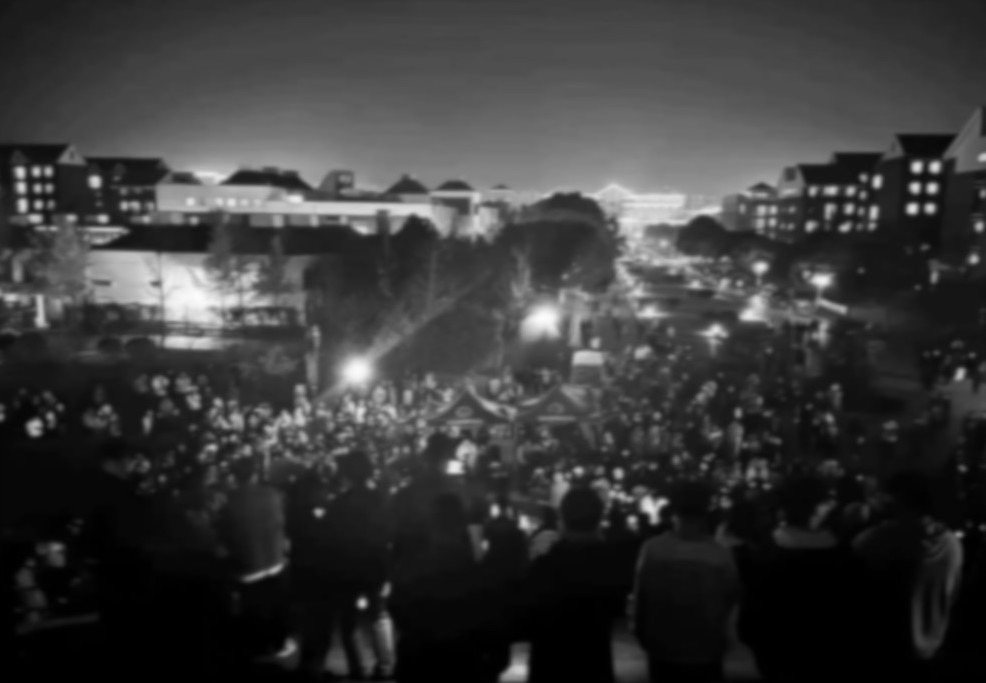
Students and workers across China are taking to the streets to demand accountability for a “Zero Covid” policy that has seen their rights taken away and their safety placed in danger. Once again, the people of Xinjiang have had to bear the brunt of China’s repressive policies in the horrific Ürümchi fire. But now the region with some of the country’s most marginalized has become the spark for what is possibly the largest scale mobilization in Chinese society in years. More urgently than ever, Han Chinese residents of Xinjiang and in other regions of China must continue to center the struggle of Uyghurs and oppressed minorities and fight alongside them.




